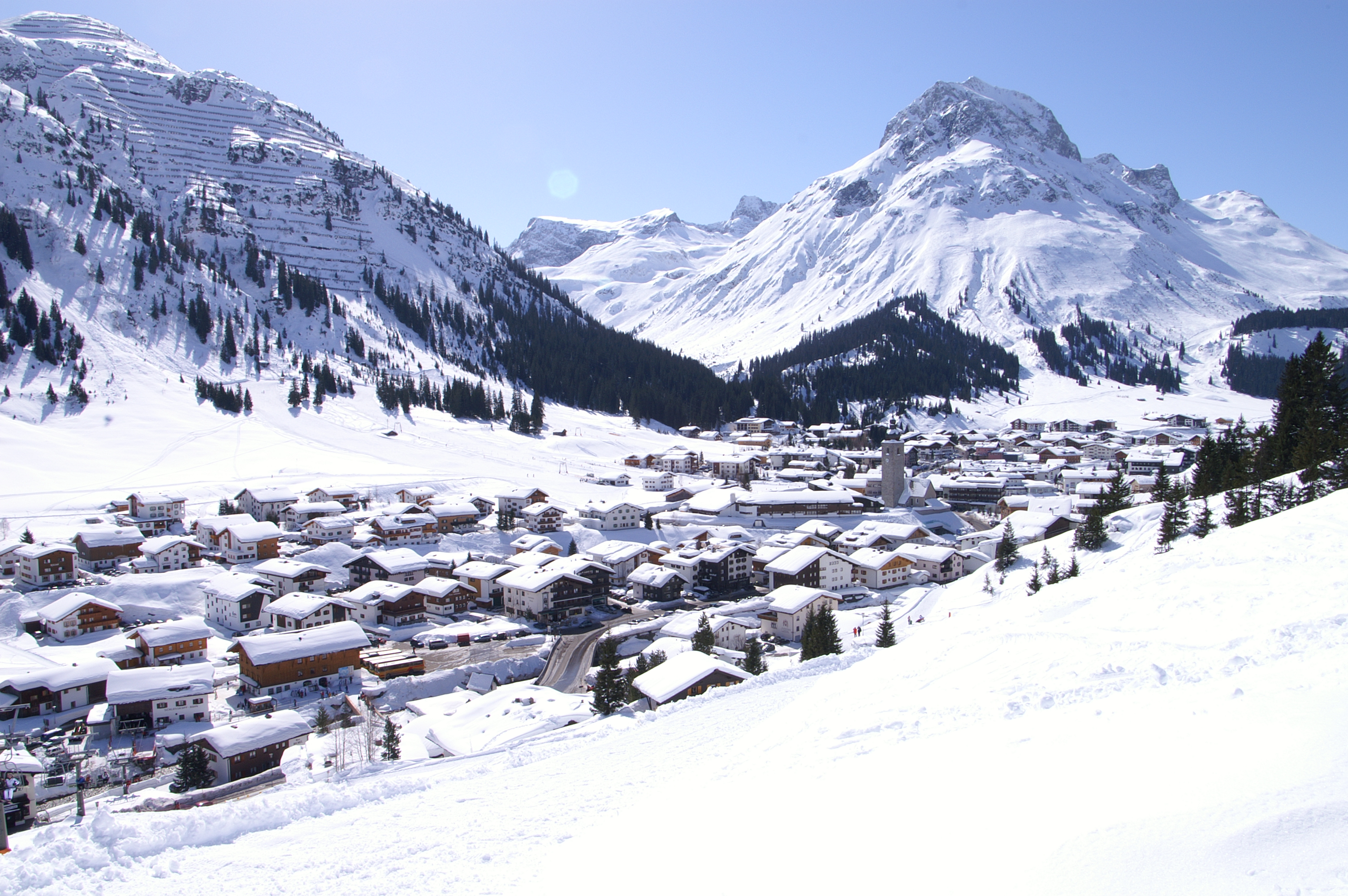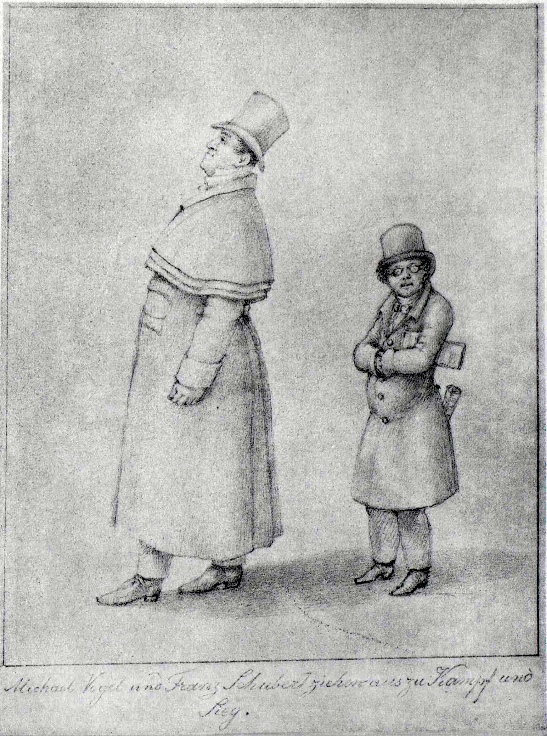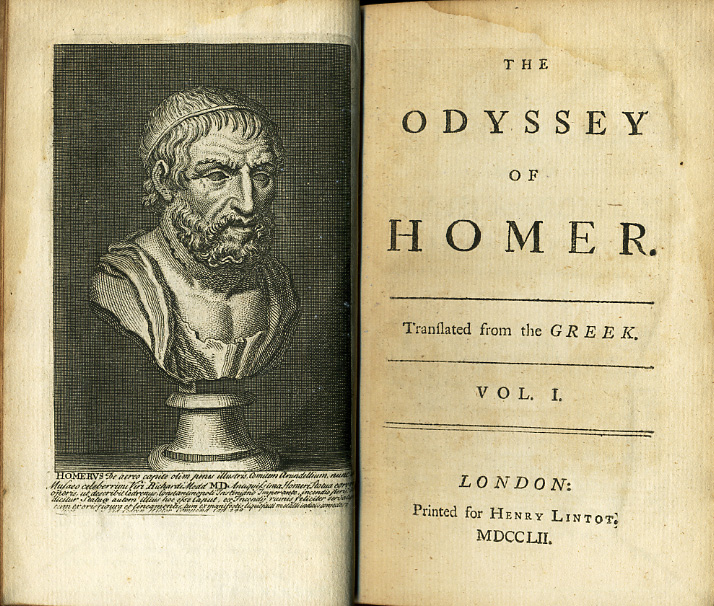|
Bernd Purkrabek
Bernd Purkrabek (born 1982) is an Austrian lighting designer working at major opera houses. Purkrabek first received a polytechnic degree in Graz, then studied audio-visual media and photography. From 2004 to 2006 he worked as lighting technician for several film productions. Thereafter he went to Munich to study light design at the Hochschule für Musik und Theater München (University of Music and Performing Arts). He trained his skills as an assistant to Reinhard Traub and Asa Frankenberg before starting to work on his own in 2009. Since then he has worked for major opera houses such as Deutsche Oper Berlin, Royal Swedish Opera, De Nederlandse Opera, Grand Théâtre de Genève and Teatro Real in Madrid, as well as at the Glyndebourne Festival. Since 2009 he is continuously working at Theater an der Wien.Deutsche Oper BerlinBernd Purkrabek Retrieved 11 January 2014 . Opera productions at the Theater an der Wien *2009: '' Der Prinz von Homburg'' ( Henze), director: Christof Loy ... [...More Info...] [...Related Items...] OR: [Wikipedia] [Google] [Baidu] |
Castor Et Pollux
''Castor et Pollux'' (''Castor and Pollux'') is an opera by Jean-Philippe Rameau, first performed on 24 October 1737 by the Académie royale de musique at its theatre in the Palais-Royal in Paris. The librettist was Pierre-Joseph-Justin Bernard, whose reputation as a salon poet it made. This was the third opera by Rameau and his second in the form of the ''tragédie en musique'' (if the lost ''Samson'' is discounted). Rameau made substantial cuts, alterations and added new material to the opera for its revival in 1754. Experts still dispute which of the two versions is superior. Whatever the case, ''Castor et Pollux'' has always been regarded as one of Rameau's finest works. Composition history Charles Dill proposes that Rameau had composed the 1737 opera just after working with Voltaire on the opera "Samson" that was never completed, after which he composed "Castor et Pollux" implementing Voltaire's aesthetics. For example, Voltaire sought the presentation of static tableaus th ... [...More Info...] [...Related Items...] OR: [Wikipedia] [Google] [Baidu] |
Lighting Designers
Lighting or illumination is the deliberate use of light to achieve practical or aesthetic effects. Lighting includes the use of both artificial light sources like lamps and light fixtures, as well as natural illumination by capturing daylight. Daylighting (using windows, skylights, or light shelves) is sometimes used as the main source of light during daytime in buildings. This can save energy in place of using artificial lighting, which represents a major component of energy consumption in buildings. Proper lighting can enhance task performance, improve the appearance of an area, or have positive psychological effects on occupants. Indoor lighting is usually accomplished using light fixtures, and is a key part of interior design. Lighting can also be an intrinsic component of landscape projects. History With the discovery of fire, the earliest form of artificial lighting used to illuminate an area were campfires or torches. As early as 400,000 years ago, fire was kind ... [...More Info...] [...Related Items...] OR: [Wikipedia] [Google] [Baidu] |
The Edge Of Reason (film)
''Bridget Jones: The Edge of Reason'' is a 2004 romantic comedy film directed by Beeban Kidron from a screenplay by Andrew Davies, Helen Fielding, Richard Curtis and Adam Brooks. The sequel to ''Bridget Jones's Diary'' (2001) and the second installment in the ''Bridget Jones'' film series, it is based on the 1999 novel of the same name by Fielding. The film stars Renée Zellweger, Hugh Grant, Colin Firth, Jim Broadbent and Gemma Jones, and follows titular character Bridget Jones (Zellweger), who experiences relationship troubles with boyfriend Mark Darcy (Firth) and becomes co-host of a television show with ex-boyfriend Daniel Cleaver (Grant). ''Bridget Jones: The Edge of Reason'' premiered at the State Theatre in Sydney, Australia on 28 October 2004 and was released in the United Kingdom and the United States on 12 November. Despite generally negative reviews from critics, the film was a box office success, grossing over $265 million worldwide against a production budget o ... [...More Info...] [...Related Items...] OR: [Wikipedia] [Google] [Baidu] |
Antares (film)
''Antares'' is a 2004 Austrian film directed by Götz Spielmann. It was Austria's submission to the 77th Academy Awards for the Academy Award for Best Foreign Language Film, but was not accepted as a nominee. The movie is a sexual drama that focuses on adultery, abusive relationships, and sexual frustration. Critics claim that the film also explores the relationship between Austria and its former empire through immigration. Synopsis A car accident connects the lives of a nurse (Petra Morzé), a supermarket checkout girl (Susanne Wuest), and a real-estate agent (Andreas Kiendl), all involved in complex and dysfunctional relationships. Production Asked about the explicit sex scenes between Petra Morzé and Andreas Patton, director Götz Spielmann said, "I told them I wanted them to go as far as possible, without taboos. We'd find out how far that was when we got there. Then for two days we talked through the scenes point by point, in complete detail and without inhibitions, di ... [...More Info...] [...Related Items...] OR: [Wikipedia] [Google] [Baidu] |
Hotel (2004 Film)
''Hotel'' is a 2004 Austrian psychological horror film written and directed by Jessica Hausner and starring Franziska Weisz, Birgit Minichmayr, and Marlene Streeruwitz. Its plot follows a young woman who takes a job as a receptionist at a rural Alpine hotel, where the employee she replaced disappeared under unclear circumstances. It was screened in the Un Certain Regard section at the 2004 Cannes Film Festival. Plot Irene takes a job working as a receptionist at the front desk of Waldhaus, a hotel in the Austrian Alps. As she is not a local, Irene is given room and board on the premises as part of her compensation. On her first day, Irene is shown her main duties, which include checking the hotel's basement storage and ensuring that the basement access door is locked each night. Irene's co-worker, Petra, informs her that the previous receptionist, Eva, disappeared under unclear circumstances, though Petra believes Eva simply ran off with a boyfriend. Irene begins to date Er ... [...More Info...] [...Related Items...] OR: [Wikipedia] [Google] [Baidu] |
Franz Schubert
Franz Peter Schubert (; ; 31 January 179719 November 1828) was an Austrian composer of the late Classical period (music), Classical and early Romantic music, Romantic eras. Despite his short life, Schubert left behind a List of compositions by Franz Schubert, vast ''oeuvre'', including more than 600 ''Lieder'' (art songs in German) and other vocal works, seven complete symphonies, sacred music, operas, incidental music, and a large body of piano and chamber music. His major works include "Erlkönig (Schubert), Erlkönig", "Gretchen am Spinnrade", and "Ave Maria (Schubert), Ave Maria"; the Trout Quintet, ''Trout'' Quintet; the Symphony No. 8 (Schubert), Symphony No. 8 in B minor (''Unfinished''); the Symphony No. 9 (Schubert), Symphony No. 9 in C major (''Great''); the String Quartet No. 14 (Schubert), String Quartet No. 14 in D minor (''Death and the Maiden''); the String Quintet (Schubert), String Quintet in C major; the Impromptus (Schubert), Impromptus for solo piano; the S ... [...More Info...] [...Related Items...] OR: [Wikipedia] [Google] [Baidu] |
Oratorio
An oratorio () is a musical composition with dramatic or narrative text for choir, soloists and orchestra or other ensemble. Similar to opera, an oratorio includes the use of a choir, soloists, an instrumental ensemble, various distinguishable characters (e.g. soloists), and arias. However, opera is musical theatre, and typically involves significant theatrical spectacle, including sets, props, and costuming, as well as staged interactions between characters. In oratorio, there is generally minimal staging, with the chorus often assuming a more central dramatic role, and the work is typically presented as a concert piece – though oratorios are sometimes staged as operas, and operas are not infrequently presented in concert form. A particularly important difference between opera and oratorio is in the typical subject matter of the text. An opera libretto may deal with any conceivable dramatic subject (e.g. history, mythology, Richard Nixon, Anna Nicole Smith an ... [...More Info...] [...Related Items...] OR: [Wikipedia] [Google] [Baidu] |
Claus Guth
Claus Guth (born 1964) is a German theatre director, focused on opera. He has directed operas at major houses and festivals, including world premieres such as works of the Munich Biennale, and Berio's '' Cronaca del luogo'' at the Salzburg Festival in 1999. Guth is particularly known for his opera productions of the works of Richard Wagner and Richard Strauss. He has received two Faust awards, for ''Daphne'' by Richard Strauss in 2010, and for Debussy's '' Pelléas et Mélisande'', both at the Oper Frankfurt. Life and career Early life Born in Frankfurt, Claus Guth first studied philosophy, German studies and theatre studies at the Ludwig Maximilian University of Munich, and later theatre and opera directing with Cornel Franz at the Hochschule für Musik und Theater München. Contemporary opera Guth has focused on contemporary opera. He has staged several world premieres, some in the context of the Munich Biennale, such as Hanna Kulenty's ''The Mother of Black Winged Dreams ... [...More Info...] [...Related Items...] OR: [Wikipedia] [Google] [Baidu] |
Claudio Monteverdi
Claudio Giovanni Antonio Monteverdi (baptized 15 May 1567 – 29 November 1643) was an Italian composer, choirmaster and string instrument, string player. A composer of both Secular music, secular and Church music, sacred music, and a pioneer in the Origins of opera, development of opera, he is considered a crucial Transition from Renaissance to Baroque in instrumental music, transitional figure between the Renaissance music, Renaissance and Baroque music, Baroque periods of music history. Born in Cremona, where he undertook his first musical studies and compositions, Monteverdi developed his career first at the court of Mantua () and then until his death in the Republic of Venice where he was ''maestro di cappella'' at the basilica of St Mark's Basilica, San Marco. His surviving letters give insight into the life of a professional musician in Italy of the period, including problems of income, patronage and politics. Much of List of compositions by Claudio Monteverdi, Monteve ... [...More Info...] [...Related Items...] OR: [Wikipedia] [Google] [Baidu] |
Il Ritorno D'Ulisse In Patria
''Il ritorno d'Ulisse in patria'' ( SV 325, ''The Return of Ulysses to his Homeland'') is an opera consisting of a prologue and five acts (later revised to three), set by Claudio Monteverdi to a libretto by Giacomo Badoaro. The opera was first performed at the Teatro Santi Giovanni e Paolo in Venice during the 1639–1640 carnival season. The story, taken from the second half of Homer's ''Odyssey'', tells how constancy and virtue are ultimately rewarded, treachery and deception overcome. After his long journey home from the Trojan Wars Ulisse, king of Ithaca, finally returns to his kingdom where he finds that a trio of villainous suitors are importuning his faithful queen, Penelope. With the assistance of the gods, his son Telemaco and a staunch friend Eumete, Ulisse vanquishes the suitors and recovers his kingdom. ''Il ritorno'' is the first of three full-length works which Monteverdi wrote for the burgeoning Venetian opera industry during the last five years of his life. Af ... [...More Info...] [...Related Items...] OR: [Wikipedia] [Google] [Baidu] |
Nikolaus Harnoncourt
Johann Nikolaus Harnoncourt (6 December 1929 – 5 March 2016) was an Austrian conductor, known for his historically informed performances. He specialized in music of the Baroque period, but later extended his repertoire to include Classical and early Romantic works. Among his best known recordings are those of Bach, whose 193 cantatas he recorded with Gustav Leonhardt. Starting out as a classical cellist, he founded his own period instrument ensemble, Concentus Musicus Wien, in 1953, and became a pioneer of the Early Music movement. Around 1970, Harnoncourt began conducting opera and concert performances, soon leading international symphony orchestras, and appearing at leading concert halls, operatic venues and festivals. In 2001 and 2003, he conducted the Vienna New Year's Concert. Harnoncourt was also the author of several books, mostly on subjects of performance history and musical aesthetics. Early life Johann Nikolaus Harnoncourt was born as an Austrian citizen i ... [...More Info...] [...Related Items...] OR: [Wikipedia] [Google] [Baidu] |




